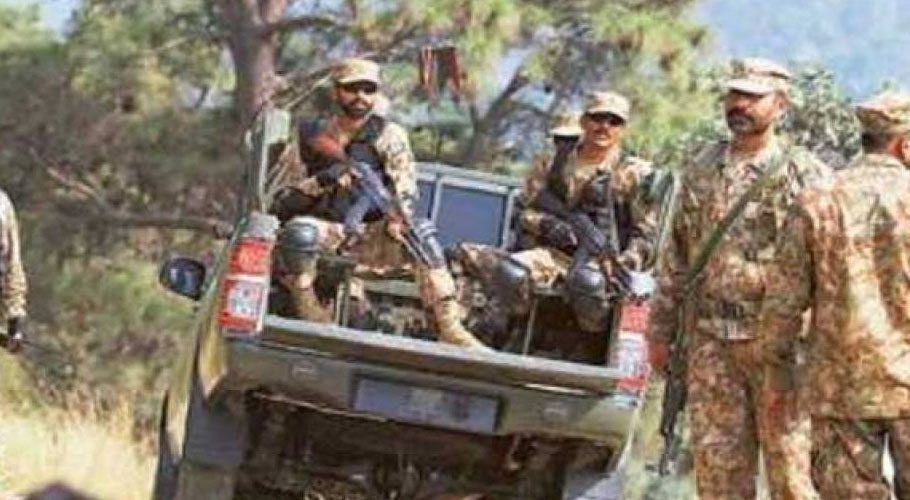A Pashto proverb says that when you intend to raise camels, the first thing you should do is strengthen the walls and raise the gates. Iran’s problem is that it has a great passion for raising camels but lacks the skill to make appropriate gates and walls. It can’t even replicate what others, like Pakistan, have done to fortify their walls and gates.
When we view the situation from one angle, it’s disappointing to see that Iranian intelligence is one of the most incompetent intelligence agencies in the world. Even after forty-five years since the revolution, they can’t protect their key personnel and guests from enemy surveillance. However, when we consider that if their agency were competent, they would have made life difficult for their neighbors more than Israel, it seems like a blessing in disguise that their agency is inept.
It’s shameful that Israel has managed to kill nearly a dozen of their nuclear scientists inside Iran—essentially breaking into their home. If you understand the situation even a little, you’ll see that Iranian soil appears to be a playground for Mossad. The problem with revolutionaries is that they are always emotional, as revolution itself is an emotional endeavor.
This emotional approach led Iranian revolutionaries, after coming to power, to prioritize exporting the revolution rather than establishing stable institutions or departments. They were so engrossed in this perpetually failing mission that they didn’t realize when four decades had passed and Iran still lacked a stable security system.
Iranians arrogantly claim that Pakistan is a slave of the United States, but they never considered where Pakistan has reached under this so-called slavery. During the first Afghan war, we learned to develop a modern intelligence system from our “master.” We warned them that if we faltered, they would suffer more. We didn’t just stick to the lessons our “elders” taught us; we experimented and, within five years, transformed our weak ISI into a formidable agency that could make even the oldest agencies like the CIA and MI6 dance to its tune. Remember, in the 1990s, one of America’s major goals was to “cut ISI down to size,” but they failed despite their best efforts. Now, they even admit in documentaries that the true reason for their defeat in the War on Terror was the ISI. This is called “embracing and strangling.”
Is it a trivial matter that none of our scientists have ever been killed or kidnapped? Is it a small feat that none of our sensitive installations have ever been targeted? Isn’t it extraordinary that during the war against the Soviet Union, the KGB couldn’t kill a single Afghan leader in Pakistan? These things don’t happen by themselves; you have to reach a level in intelligence where you have prior knowledge of the enemy’s plans.
For a long time, ISI held the responsibility of protecting the confidentiality of our scientists, sensitive installations, and future ambitions. Eventually, a new system was also established. Now, we have a dedicated intelligence agency responsible for ensuring that none of our scientists or installations are hit. Inside and outside Pakistan, no one even knows the name of this agency. Does anyone know where its headquarters are located? Does anyone know who its current head is or who the previous heads were? This is called secrecy. This is called keeping the walls and gates high.
Iran prides itself on its friendship with the Russians. Everyone knows that in intelligence services, they are far superior to the Americans and British. If anyone doubts, just look at how they captured all the fugitives involved in the recent theater attack in Moscow within an hour and a half. Did anyone escape? The question is, did Russia provide any assistance in developing Iran’s intelligence system? Or, more appropriately, did the Iranians show any interest in learning this art from the Russians?
Iran’s tragedy is not just that its intelligence agency is incompetent, but the severity of the situation is that no other agency engages in intelligence sharing with it, a common practice in the intelligence world. Friendly countries’ agencies regularly share intelligence. The question is, who will share intelligence with Iran? Russian and Chinese agencies won’t because they know this clerical agency will ruin their secrecy. The remaining options are Syria, Lebanon, and Yemen? Please don’t laugh. That leaves India’s RAW as the only potential partner, but after the Kulbhushan blunder, will they take that risk again?
The last question is, is there even a possibility that Iran could improve its security system from now on? Not at all, and the reason is that when a cleric is in charge, the priorities will always be clerical. A cleric is only interested in the secrets of his fellow clerics—whether their halva contains higher quality nuts, whether their saffron is purer, or whether their prayers are more potent. As long as clerics rule Iran, nothing will improve. You need cunning minds like Bhutto and Zia-ul-Haq at the top because the world doesn’t run on prayers but on plans with far-reaching consequences.































